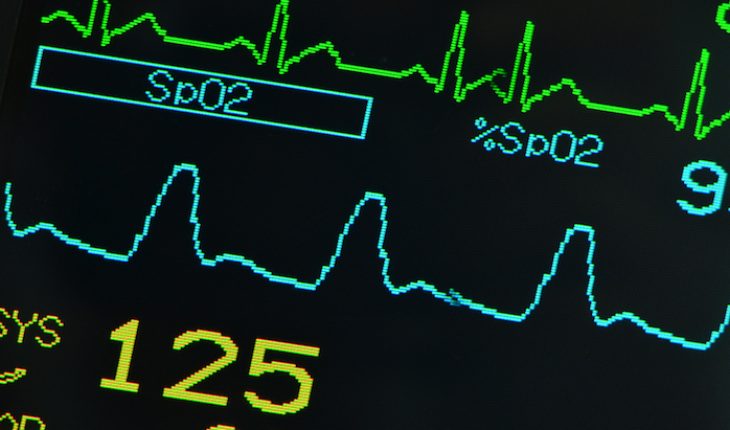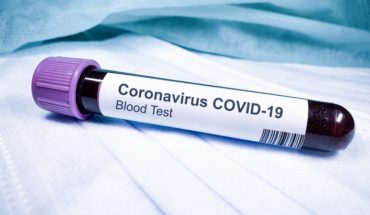A young man in his early 30s was brought to A&E in a large London Hospital after calling NHS Direct and reporting extreme tenderness and pain in his abdomen for the last 36 hours. He complained that he had to wait on a trolley and he only gave the hospital 5 out of 10. But was he right?
‘No doubt he must have been a very stoical young man since he put up with severe pain for 36 hours without contacting anyone about it. There is no doubt he should have contacted his local GP or gone to his local A&E at an earlier stage. When he called NHS direct they gave him the appropriate advice to go straight to A&E. He called an ambulance which arrived in 10 minutes which in London is almost a miracle, so that was extremely good service on part of the ambulance service. In the ambulance they took a detailed medical history checked blood pressure but most importantly they put up an intravenous line of fluids very important for resuscitation. When he arrived they put him on a trolley and they put him in a private side cubicle which is standard practice. He was seen quite quickly and investigations proceeded straight away. He was only allowed sips of water because they were obviously already thinking that they would have to do an operation. He was also given morphine to ease the pain which was also very appropriate. The doctor told him he probably had appendicitis and he almost certainly had peritonitis from the perforated appendix even at that stage. He then had an X-ray, probably to check if there was any air under the diaphragm which would have indicated a perforation for example of an ulcer of that kind. There was no real great delay in the eventual operation that he had which was six hours later. It is important in these patients – and I don’t think patients realise it themselves – that a period of time is spent in resuscitating the individual before subjecting them to anaesthesia and an operation. Often the worse thing is to rush straight into surgery without having undertaken the resusc procedure which they clearly did. That same evening he had an operation and his appendix was removed. It was apparently perforated and gangrenous and he made what was a perfectly normal recovery. He was in hospital for a week which is what you would expect with someone who had a perforated appendix, and he did very well. He only gives the NHS hospital’s A&E 5 out of ten I would have given them a lot more than that. I think that they did very well and certainly 8 possibly even 9 out of ten for the management of that patient.
- Patient case studies - 21st April 2016
- Signs of ingested TB - 23rd March 2016
- A ground-breaking elective in the Yemen – over 50 years ago. - 13th March 2016






